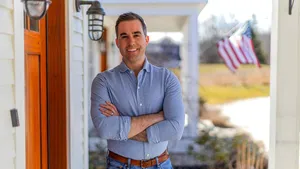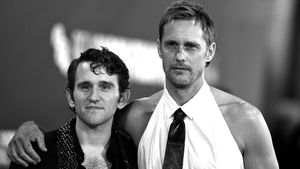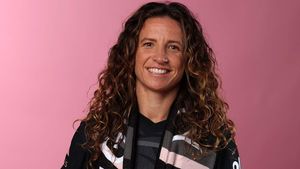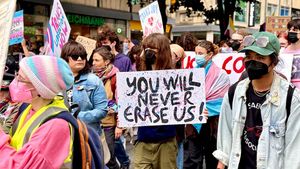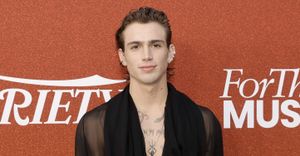by Mike Isbell, NMAC
When Raif Derrazi was diagnosed with full-blown AIDS in 2012 on his 27th birthday, he was shocked.
“I was in a three and a half year relationship that I considered to be monogamous,” he recalls. “It was shocking to me that I would get this diagnosis. I shortly realized the person I was with wasn’t being faithful.”
Raif says his learning curve about his new diagnosis was steep. “At first I thought I’d be dead in a couple of years. Little did I know how much medicine had advanced.”
Not long after he was diagnosed with AIDS, Raif broke his ankle, which caused him to be bedridden for nearly six months. Although his circumstances were less than ideal, the solitude gave Raif time to reflect. “I realized that up until that point I had been living with the mindset of a victim.” He recalled abusive home situations and relentless bullying as he was growing up. “I learned [as a young person] how to get what I needed, but I came to realize that this skill was actually a detriment that was holding me back from reaching my true potential. Moving forward, I had to rewire who I was and how I operated.”
Raif found the personal empowerment he needed to thrive through two sources. One was bodybuilding. The other was in serving as a source of information and support to other people living with HIV.
“One of the first places I turned to [after receiving my diagnosis] was social media, specifically YouTube. Most of the content was pretty dry. I realized there was a gap and a need for information about HIV.”
Having studied musical theatre at UCLA, Raif thought something performative could prove cathartic and also help other people at the same time.
Raif soon became a familiar presence on social media, using his skills to raise awareness about living with HIV. “The response was immediate,” he says. “People saw my content and expressed gratitude and appreciation. It was plainly obvious I needed to keep doing this. People needed it, and it was healing for me as well. The whole thing snowballed and took on a life of its own.” Having started on YouTube, Raif branched out to Instagram, Facebook and TikTok.
After surveying the social media landscape, Raif says he found that online HIV-related information can be divided into two categories – complex studies in scientific journals, or “uber-simplistic” talking points. “There is not a whole lot in between,” he said.
 Raif Derrazi reinforces his stigma-busting message at the 2022 GLAAD Media Awards (photo by Stefanie Keenan / Getty Images for GLAAD)
Raif Derrazi reinforces his stigma-busting message at the 2022 GLAAD Media Awards (photo by Stefanie Keenan / Getty Images for GLAAD)
Raif has tried to take an approach somewhere in the middle, having more in-depth conversations about issues people living with HIV care about. “We need to have more in-depth conversation about the risks of getting cancer or addressing people’s questions about whether HIV reservoirs in the brain might increase the risk of dementia. In the past we might have said this was too much to unload on someone who has been diagnosed, but I firmly believe there is a hunger and desire [for more in-depth information, especially as people age with HIV.] “
Although Raif’s is a story of personal growth and leadership, he acknowledges that everything isn’t always rosy. As he became more visible on social media, some posters vilified him, calling him a sinner. Raif’s approach is to block out the extremes on both the positive and negative end of social media responses.
Raif also says HIV stigma remains alive and well, but he says campaigns around U=U have helped. “U=U definitely helps by making it much easier to explain what undetectable viral load means.”
Ultimately, Raif believes, each person retains an important degree of control in minimizing the negative effects of social influences. “It’s not helpful to compare yourself to another person. In your own personal life, you can be accountable to yourself, whatever that means – with your spouse or with your best friend. That is what matters. Everyone is different, with different strengths.”
HIV prevention is everyone’s responsibility. To find out more about HIV prevention and how to access free home HIV tests, visit the CDC’s “Let’s Stop HIV Together” website at cdc.gov/stophivtogether/index.html.
From Your Site Articles
Related Articles Around the Web

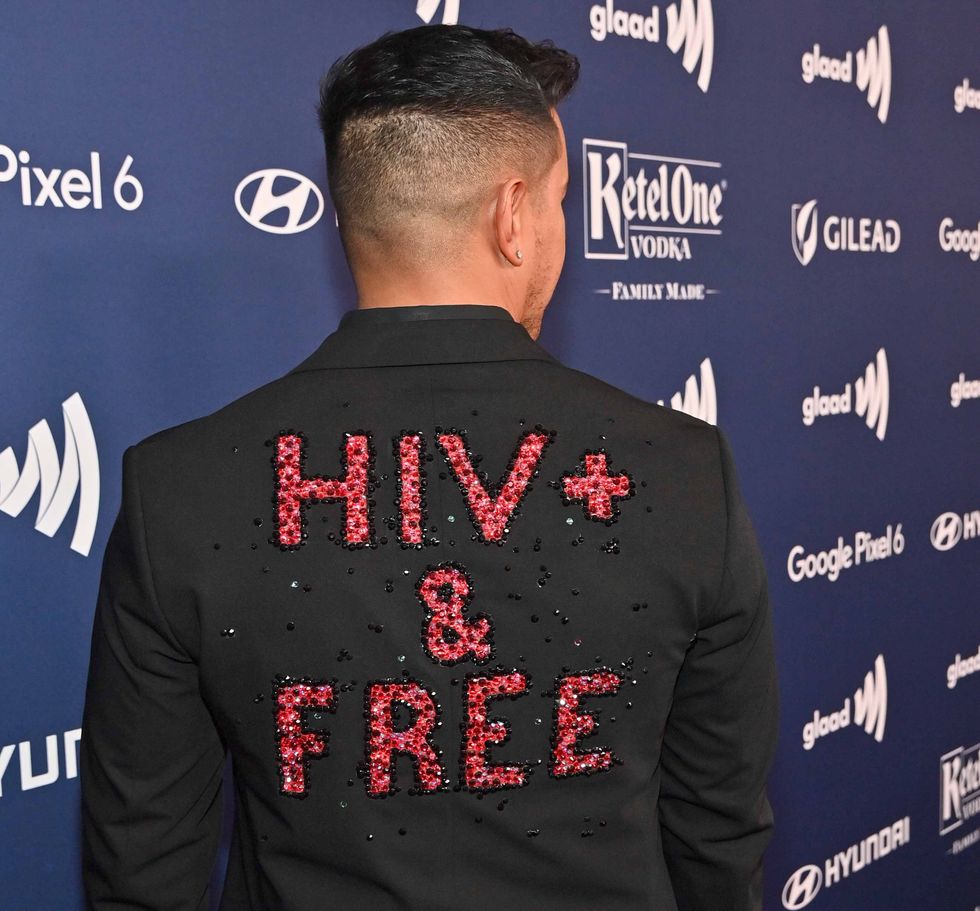 Raif Derrazi reinforces his stigma-busting message at the 2022 GLAAD Media Awards (photo by Stefanie Keenan / Getty Images for GLAAD)
Raif Derrazi reinforces his stigma-busting message at the 2022 GLAAD Media Awards (photo by Stefanie Keenan / Getty Images for GLAAD) 



























